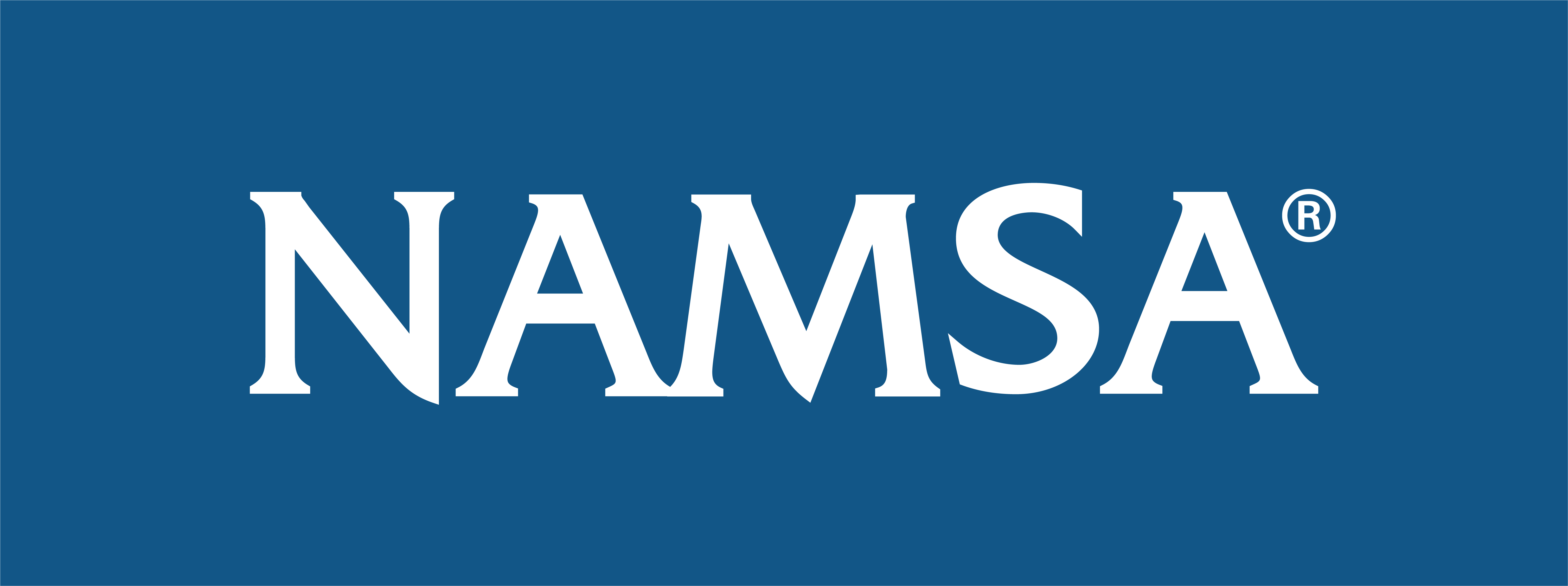On August 2, 2023, the U.S. Food and Drug Administration (FDA) published a Federal Register notice that modifications were being made to the Recognized Consensus Standards for Medical Devices database.
Over 30 consensus standards were updated. These included standards in the following areas:
|
|
|
|
|
|
|
|
|
|
|
|
|
|
|
|
|
Approximately 30 consensus standards were newly recognized, including:
|
|
|
|
|
|
|
|
|
|
|
To view the Recognized Consensus Standard Database, visit: https://www.accessdata.fda.gov/scripts/cdrh/cfdocs/cfstandards/search.cfm.
What are Recognized Consensus Standards?
Consensus Standards are technical documents (test methods, specifications, etc.) developed or adopted by standards bodies using procedures that ensure the standards development process is open to all interested parties and that all input and viewpoints are considered and treated fairly. The use of consensus standards is not mandatory for medical device premarket submissions unless the consensus standard has been incorporated by reference into a regulation. Consensus standards can effectively demonstrate individual safety aspects, effectiveness or substantial equivalence in the premarket process. The FDA recognized consensus standards can be found on its online database, and includes a recognition number and a Supplemental Information Sheet (SIS) for each standard.
How Do Recognized Consensus Standards Benefit Medical Device Developers?
FDA recognized consensus standards can reduce the amount of supporting data and information that a submitter needs to provide in a premarket submission and may reduce FDA review time. A submitter can either declare conformity to a standard or use the standard for general use. A Declaration of Conformity (DOC) to a recognized consensus standard may be used when a submitter certifies that its device conforms to all the requirements of a consensus standard that FDA has recognized or decided to recognize. In a DOC, the submitter may not deviate from the consensus standard that FDA has recognized or decided to recognize. General use of a consensus standard is when a submitter chooses to conform to a consensus standard, in part or whole, but does not submit a DOC. In this case, the submitter should discuss how the standard was used and explain any deviations. Supporting data should also be supplied in the submission.
How can NAMSA Help?
Navigating the FDA regulatory landscape can be overwhelming for any medical device manufacturer and cost intensive. That is why having the right partner at the right time can be invaluable in achieving regulatory requirements, market success and accelerated timelines.
NAMSA is the industry leader in driving successful regulatory outcomes through daily interactions with the FDA. Our Regulatory team is comprised of several former FDA staff and industry experts that can provide communication and logistic resources to mitigate regulatory risks and achieve commercial objectives.
If you are interested in speaking with us about FDA-related activities or other global regulatory strategies, please Contact Us, or learn more about our Regulatory experts at namsa.com/subject-matter-experts.
Marcella Martin
Marcella Martin, MBA, RAC is a Senior Regulatory Consultant at NAMSA with over ten years’ experience working in regulatory affairs in the medical device and pharmaceutical industries. She has authored and managed a variety of submissions to FDA, Health Canada and notified bodies. These have included pre-submission, IDE, IND, technical file, master file, device license application, ANDA, Annual Report and vigilance reporting. She has completed regulatory assessments and regulatory strategies for products in development and for proposed changes to products already on the market. Marcella holds a Masters of Business Administration (MBA) degree from Colorado State University, Fort Collins and Regulatory Affairs Certification (RAC) from the Regulatory Affairs Professionals Society (RAPS).
